Cash is a necessary asset that a company to any individual must have, rich or poor. It is the most liquid asset meaning it is able to be used to purchase anything you need right away. If you don’t have enough cash on hand, you are in a risky situation primarily because if you loose your other income streams, you have no other way to support yourself before you get back on your feet.
A helpful life lesson: things always take longer than they seem.
Frankly, only a handful of Americans, 39% can afford an unexpected $1k expense according to a survey from Bankrate. This means 61% of Americans will either go broke, bankrupt, homeless or in debt if an unexpected expense comes up and these expenses vary from a flat tire to a water leak in your house.
There are so many things that can go wrong anytime!
That’s why home to life, car to health insurance is key to keep you afloat. You pay a monthly or yearly premium, dependent on the package you have with the provider you choose (Geico, AllState, Progressive, etc.) on paying a base fee so if any issues or unexpected hiccups come about in life, which will happen, especially if you own more stuff and do more risky stupid things such as smoke or not sleep, then your premiums are higher.
Someone who is unhealthy will have higher higher health insurance in order to cover any doctor visits, procedures, etc. on top of their already ‘expensive’ unhealthy lifestyle. Some people oppose health insurance if they simply do not believe nothing bad will happen which in reality is false because what’s certain is uncertainty or they simply cannot afford to pay on a recurring basis so in that case they pay out of pocket which always tends to be double to quadruple the cost.
It’s unfortunate that Americans’ ability to cover emergencies has declined over the years. Even with the boost in stimulus, rise in retail trading and drastic pandemic, most Americans are in better financial shape than they were 6 months ago according to Investopedia and Marcus, Goldman’s consumer banking service, yet they still blow it and can’t seem to afford the necessities such as insurance and put cash on the side!
To learn more about how our fellow Americans used their stimulus, you can check it out here.
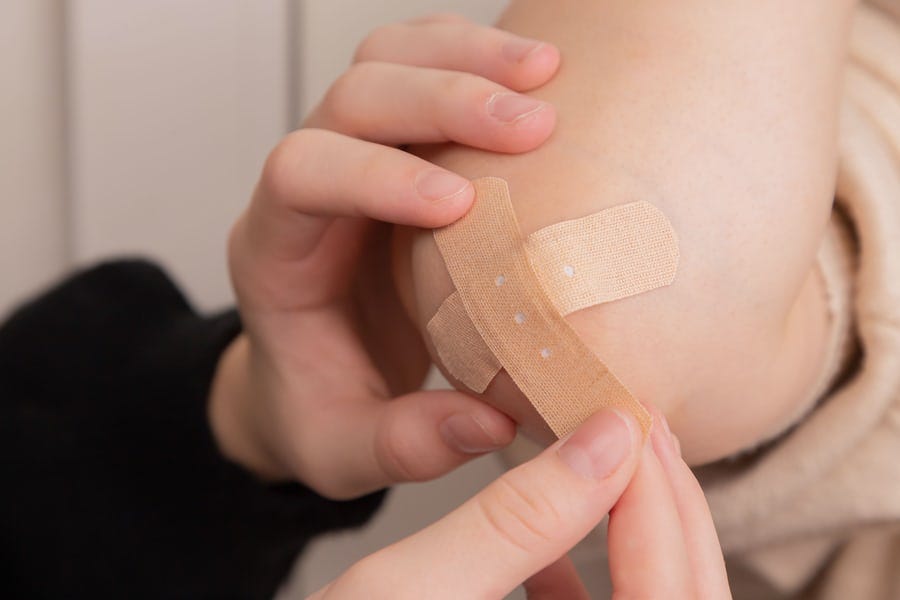
Back and Forth
Now cash gets a lot of hate. Most people don’t want to keep it becuase it devalues overtime. As inflation rises, our purchasing power declines meaning it takes more money to purchase the same item that used to cost less.
It typically rises 3%-10% each year especially when the economy does well things aren’t so cheap anymore to keep business running and competition fierce. This is mainly dedicated by the FED (Federal Reserve Bank of America) who pinpoints where inflation is headed and where it should be set at. Currently as we’re heading slowly towards heard immunity and normal life, the Fed is estimating 2% inflation is the target as the economy slowly reopens in the next coming months.
Interest rates, which dictate how cheap or expensive it is to take out loans, mortgages and pay off debt is slowly rising. Interest rates are also dictated by the Fed but are closely correlated to the 10 year bond yield which is dictated by the stock market.
The 10 year bond yield is currently hovering around 1.5%. This means there is a 1.5% yield on borrowing money. Bonds (loans given out to corporations and in repayment = interest to the investor) and yields (return on bonds) are opposites so during this environment as interest rates are lower, yields are lower (1.5%) as bonds are more expensive.
This is still a good time to take out a mortgage which is hovering around 2.5% APR but not the greatest time to get a bang for your buck on a house as low inventory and increased demand as WFH and stay at home orders pushed homeowners to reconsider where they lived this past year and choose an alternative place to live and work mainly in the suburbs naturally gauging the prices for all homes across the country.
More people have fled the most expensive coastal cities of San Francisco to New York than ever before as interest rates have become too enticing.
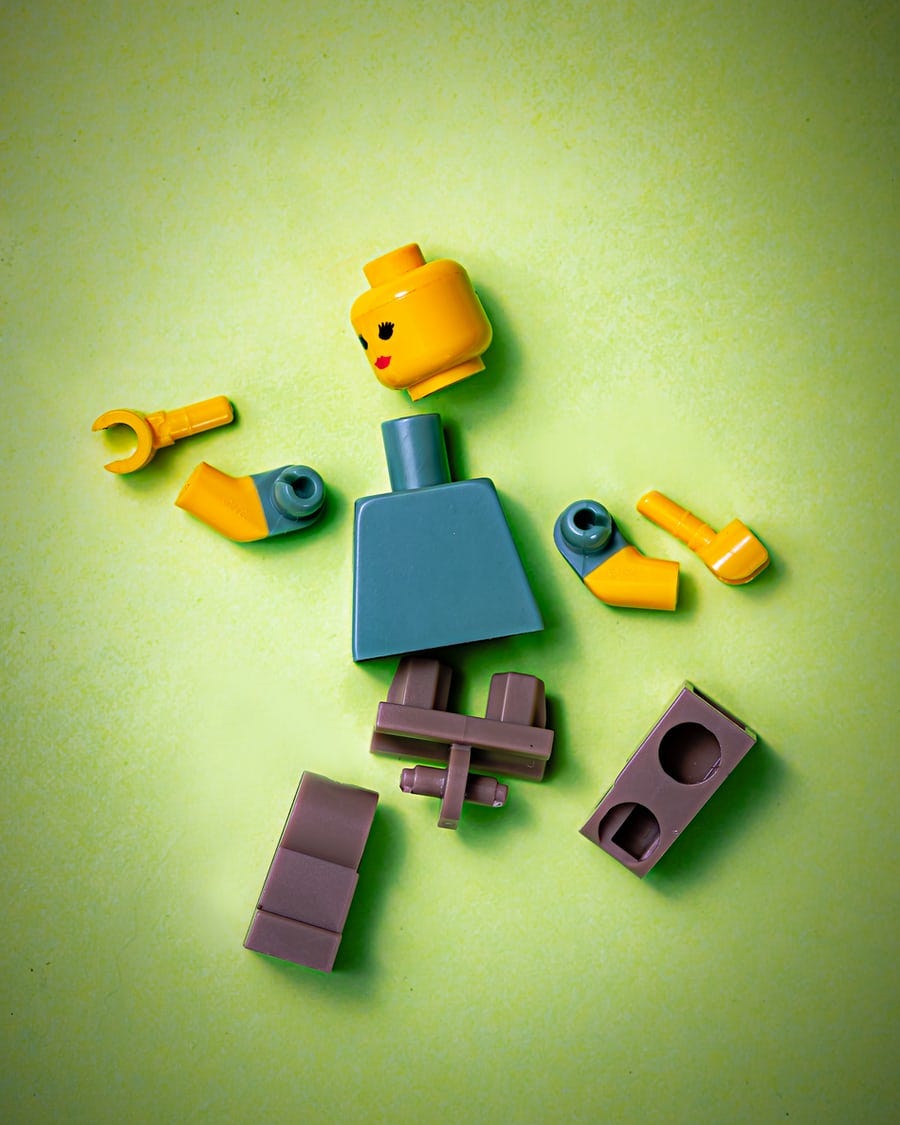
Low interest rates are helpful for both personal and economy use:
Personal:
-Lower cost of borrowing
-Cheaper mortgage payments
-Low return for savers-low dividend payments
-Decline in real value of savings-especially if inflation higher than interest rate
-Low interest rates = less profitable for banks
-Asset prices could rise as it’s cheap to borrow
Economy:
-Currency tends to depreciate
-Could cause inflationary pressure
-Could boost economic growth
-Investments more desirable
As interest rates rise, so does inflation. Although we always want things to be less expensive, that isn’t always the greatest.
Let’s examine the pros and cons to inflation.
Advantages:
-Moderate inflation enables economic growth
-Moderate inflation allows adjustment of real wages
-Allows for adjustment of price
-Inflation is better than deflation-which can cause recession
Disadvantages:
-Creates uncertainty and lower investment
-High inflation leads to lower growth and stability
-Too much production = too much competition
-Fall in value of savings
All in all, the best time to take out a loan for school, to get started on that business or buy that new fixer upper is now while interest rates are relatively low. Once the 10 year bond yield, which is dedicated by investors in the market who make predictions on the economy bounces forward, we should start seeing an influx in holding less cash as it devalues more yet that’s only another reason why we should KEEP more cash as inflation causes uncertainty as prices to skyrocket.
At least the Fed is on our side and is doing everything in their power to control rates and we shouldn’t see inflation hikes until 2023 so our cash will do fine until then.

Cash Troubles
The problem against cash is that it depreciates. It sits in your savings account making .001% APR each year or if you’re lucky if you keep it in a CD or structured notes which adjusts your funds to become more conservative overtime, you will earn a few dollars, similar to a dividend payout.
Not much but something. Yet the reason we keep it is to keep us afloat.
Yet how can a few dollars keep us afloat?
Remember, that’s the interest you earn keeping it in the bank. Yes it depreciates due to inflation yet at 1.25% inflation, it’s still earring more as interest rates are a tad higher.
Plus interest isn’t cash. it’s what you make on top of it.
The reason I suggest roughly 20% of your net worth in cash is due to uncertainty. Good things can’t last forever and it is inevitable that bad things will come up. That’s life and is normal.
Trust, me it’s not just you that slips ice cream out of your hand.
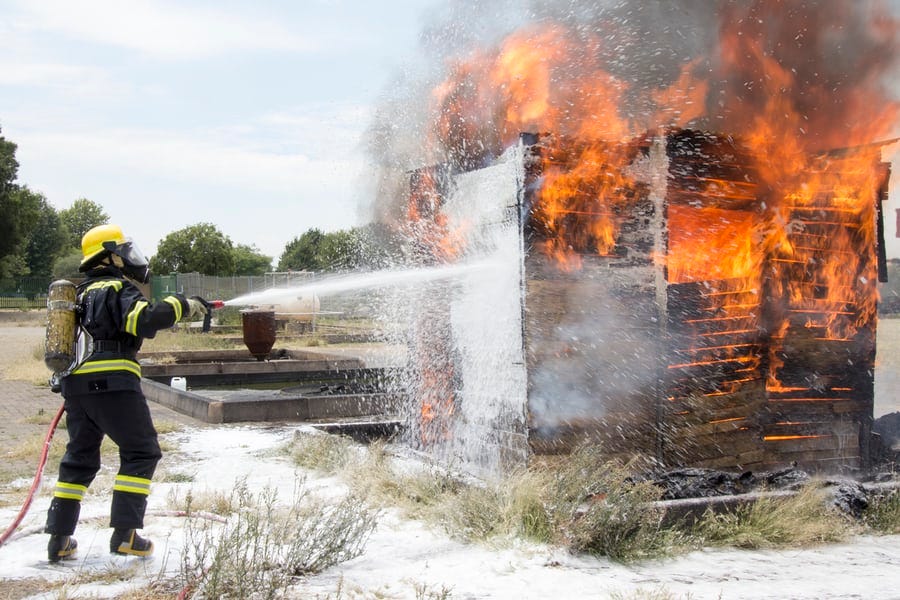
Breakdown
Most financial experts suggest you need a cash stash equal to 6 months of expenses. You need to tally up how much you need to survive off of each month and multiple that by 6.
Yet I completely disagree with this philosophy and those who only have 6 months of cash kept away will go down.
This is way too aggressive especially considering a time like Covid when getting back on your feet could take almost a year or two! The unemployment rate is still far above pre-pandemic levels and Main Street/restaurants/venues/airlines have only increased their capacity by a slim margin not having a drastic affect on revenues just yet.
First off, planning for the worst hoping for the best is always the best plan to take. You can only plan for so much but if you think of the worst case scenario, you will be in best shape!
Epic But Realistic Scenarios
The scenarios I will present to you will put you in the best financial situations. It doesn’t matter how much you make, it’s how much you earn. The wealthiest people on earth have stayed in their position because they understand cash is king and not putting all your eggs(assets) in 1 basket(security or stock) is key.
They diligently plan out the ‘what if’s’ and know what could happen. Those who are jolly turn out miserable when they weren’t cautious.
I urge you to do the same before it’s too late. It’s sad how most people change when they are really forced to.
Like majority of Americans who live off of 1 income source, if they lost it during Covid or frankly anytime, it wouldn’t have taken them just 6 months to find a new job, even if they’re lucky.
Just look back at the Housing Crisis of ’08 when top-tier bankers lost their jobs at Bear Sterns and Lehman Brothers who gave out faulty mortgages and didn’t get their money back.
The firms went bust and everyone was out. But it wasn’t just them, it was all the banks. No job is irreplaceable and no matter how high in the ranks you are positioned in, budget always comes first.
These billion dollar financial firms needed to lay off people because they got into the scheme of randomly giving out mortgages to those who couldn’t afford to pay them back.
If you were working in finance and kept your job during the Housing Crisis, you were more than lucky and most likely didn’t work in banking. My parents were in that boat. Luckily they were a few decades into their careers and naturally rose the ranks as the senior heads of companies but if you’re in the bottom half fresh out of school and laid off and wanted to join another financial firm, 6 months wouldn’t have been enough.
A job search is a full-time job, not only you would have to spend hours a day searching and connecting you have to continue paying your rent, utilities and keep up your living expenses under a roof. That is the most stressful time for everyone and a bit extra cash on the sidelines can prevent it all on top of several passive income sources.
Worst case scenario, you had too much cash yet you can quickly let it make money for you once you’ve settled again and reinvested that cash back into the market. Sure you lost some but you were prepared and could have used it if needed.
People underestimate what life really involves and even if you have the average passive income streams for a millionaire at 7–10, during a pandemic, all of them can flop. Just think about it. Okay, you maybe keep your job but maybe not. What if you work on Main Street or as a blue collar wokrer? Even as a finance representative, what if burnout and workaholism were getting to you and you needed to escape the brutal lifestyle?
At that point you loose or quit your job due to the circumstances then its a pandemic so of course others can’t afford their prior lifestyle as well and need to take care of themselves so your juicy rental passive income source also falls into the cracks as your tenants now have to leave.
Right off the bat your income from your rental property (ies) are gone but you still have to pay property taxes and utilities in replace of them until you find another renter. Next, during the pandemic, advertisers were halting partnerships which could lead you to loose passive income on your affiliate marketing/partnerships/influencer business online if you had one.
Next, your business(es). Depending on what type of business you had from an Shopify e-commerce site to Main Street coffee business, although Amazon did spectacular and hit their first billion dollar quarter, they were in the midst of an anti-trust lawsuit, union worker revolt and tarnished part of their reputation.
Regarding Main Street, they were killed. Wall Street rose as small bsuiesses died and had to keep themselves afloat thorugh stimulus, their source of cash or once cash ran out.
As a result, coming up with these scenarios about failing income sources and establishing a backup plan is the best way to stay afloat and live like no one else during a pandemic. Those who rented out their 3rd beach home, took quarantined private jets and earned big in the stock market this past year all were prepared and learned from history. We know a recession is coming every 8–10 years and being a part of a defensible, blue-chip company and having a cash load for a year is the best plan.
There’s no surprise so don’t be surprised or blame someone about your finances.
I don’t care how many income sources you have, you need to plan for the worst hope for the best. What’s scary is that most don’t think about this and are always jolly everything will be okay. Learning from prior pandemics (1918 Spanish flue), the 1928 and 1968 Black Friday and Monday crashes, Housing Crisis and now Covid will hopefully help you learn the right lesson.
History ALWAYS repeats itself so there’s no excuse NOT to have a cash cushion. With history repeating itself, understanding that when one income flops usually more do as well will help you the best and that’s why 6–12 months of cash expenses on the side as an emergency fund is the smartest plan out there.
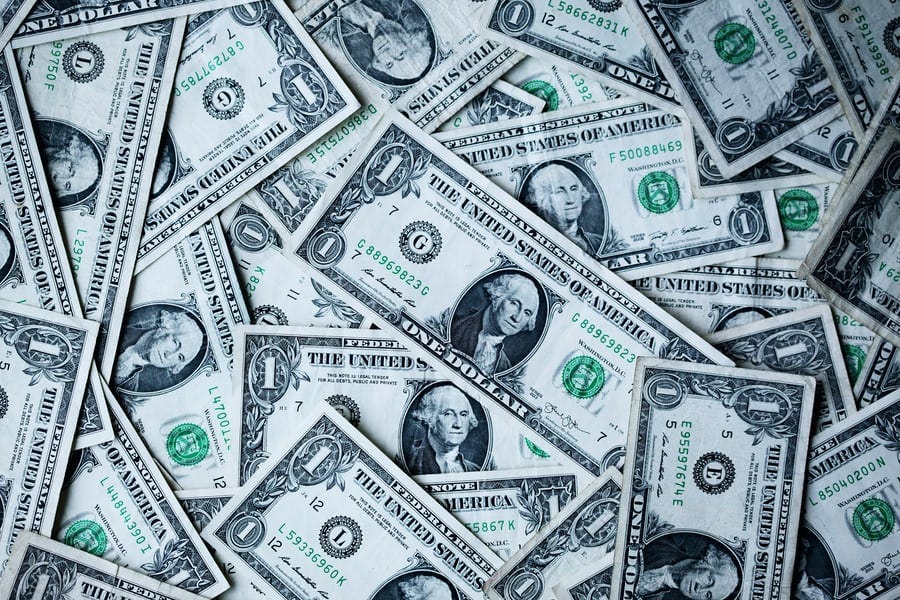
Bang for Your Buck
To earn the most interest, stash it into a bank savings account and into CDs (cash deposits) to earn the most money.
Don’t be afraid of the 12 months. Women historically beat out men with their portfolio returns because they are more conservative by nature.
Think about that. Less risk yet more reward! Similarly to buying real estate; learn why here.
Women have higher returns, lower levels of debt, live longer as a result of having more cash on the side to being prepared. I know it can seem scary and annoying not to earn money on your cash and 12 months of expenses tucked away can seem like a lot especially if you spend around $10-$50K+ per month.
Stashing it into savings is hard but remember that it is liquid for a reason. You can use it immediately and won’t have to end up paying income tax or capital gains tax on your stocks turned into cash from the market which is a huge waste of money/fees in itself!
If you want to reduce the 12 months of cash, simply speed less and lower your cost of living. Don’t fall into inflationary lifestyle and I suggest you read upon how rich people go bankrupt.
This will help you understand that depreciating liabilities/goods such as cars that loose half their value you drive them off the lot, luxury goods, makeup, clothing, etc. go down in value and don’t make your life easier anyway.
Spend that cash on investment pieces that appreciate in value and make sure to invest in yourself by purchasing books, learning, getting a degree, buying a home to take out a mortgage, antiques and collectibles to re-sell and a plethora of opportunities for you to earn more instead of waste it.
And if you’re a real nerd, feel free to set up a Monte Carlo simulation which is a method towards financially modeling the effects of uncertainty and randomness towards risk management. This is something buy side asset management firms do to help assess the risk tolerance of their client’s assets.
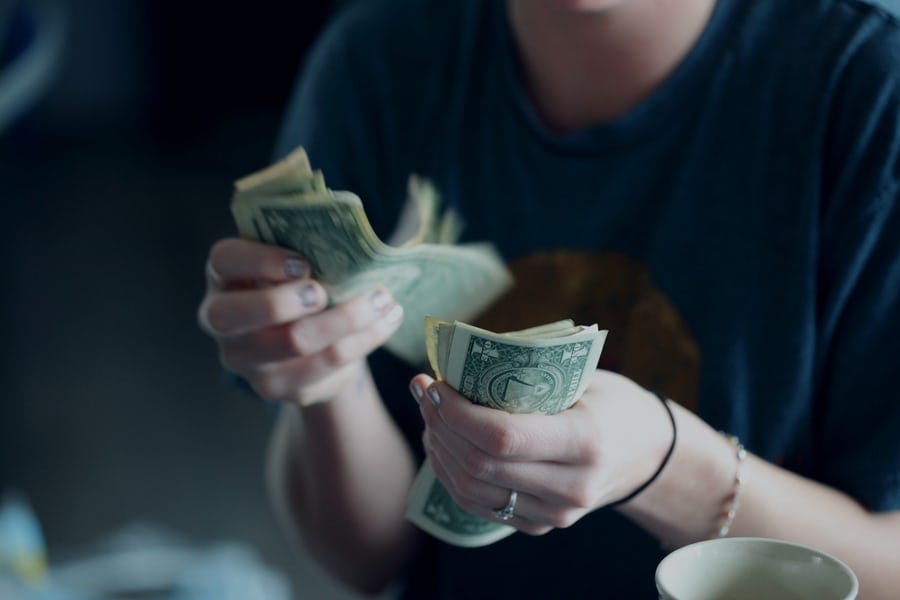
Cash Will Always Be King Or Queen At Any Age
Being a part of the gig economy is easiest when you’re younger and will allow you to get away from having less than a year in cash. You have fewer financial obligations, and can work several jobs. You are able to cut out any foolish expenses such as eating out, a gym membership, drinks or Uber.
Younger millennials in particular may not absolutely need twelve months’ living expenses especially since if they do fall through the cracks, assuming they don’t have a family yet, they might be able to move back in with their parents for a while in case of a job loss, where people in their 50s might have a mortgage and college tuition to pay. That makes the need for emergency savings more critical as you age which stems into retirement planning and setting up that much needed Roth IRA asap once you start earning!
If it’s a health crisis, people can often negotiate with the hospital for a reduced amount and an installment plan to pay off the balance especially with insurance but never expect the government or your next door neighbors to cover your costs.
America may be considered a ‘united country’ yet all of us are on our own.
No wonder nordic European countries are the happiest folks on the planet! Graduates aren’t expected to live on their own, have a full-time job nor even work until 30! Plus, health care insurance and college are completely free!
Even high taxes don’t bother them because of all the added benefits!
Compared to Europe, the U.S. doesn’t feel so free after all.
You can read here what I mean.
For the Millenails and youngsters out there, the best thing you can do is set up a 6 month emergency expense kit with cash. Personally I’m almost getting up to 6 months of replaced expenses after starting last month. Since I’m low maintenance living the frugal minimalist stealth wealth lifestyle, this wasn’t difficult but for those teens who love to shop until you drop and buy the latest gadgets, beware how much you are spending per month and what you can cut out!
This can include your savings or any extra side hustle money you’ve earned on the side. The last thing you should do is spend it and pay off your credit card bills in full each month. It takes no effort, boosts your credit score and helps you take out loans in the future. There’s nothing stopping you so take control of your finances before it’s too late.
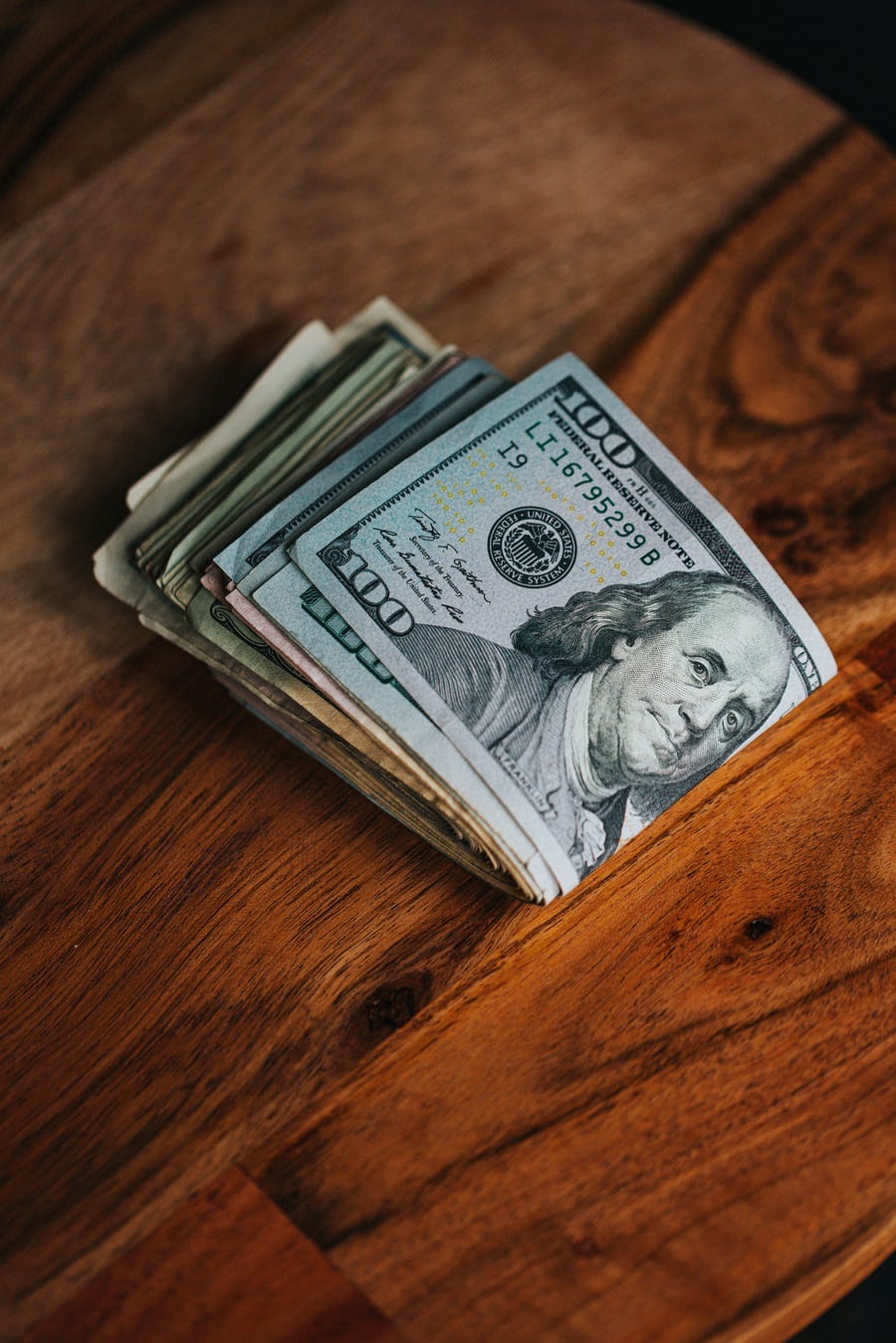
Worst Case Scenario
Without a cash cushion, you pay more.
You have exactly $1,000 in your checking account. On Monday, you write a check for $200, pay your credit card bill online for $400, and swipe your debit card to the tune of $400. By the end of the day on Monday, you have $1,000 worth of pending charges that will be deducted from your checking account.
In other words, you have insufficient funds and have to pay double simply by not refilling your cash cushion and underestimating how much you had left in your checking for your account to bounce.
Emergencies come in all different shapes and sizes. Some can be fixed with extra pocket cash from a quick gig job but most can’t.
Saving should be motivating. You are making a better life for yourself and building a healthy safety net for your future.
Start today with finding a love for cash.
It will always have your back.

